
***A crucial building block must be put in place to bring order to financial markets. This is the message of Anders Borg, minister for finance, and Mats Odell, minister for local government and financial markets, in an article in Friday's edition of the Swedish daily Dagens Nyheter ahead of the last Ecofin-council meeting during the Swedish Presidency. Sweden's ambition is that the ministers will decide on the establishment of new regulatory agencies at next week's meeting. These will monitor individual banks and supervise banking, securities and insurance sectors at the EU-level.
Bringing order to financial markets and addressing the economic crisis is one of the Swedish EU Presidency's main priorities. It is not difficult to understand why. The world, Europe and Sweden are still living with the consequences of the global financial crisis that erupted in autumn 2008. In Europe, millions of jobs have disappeared in the past year. In Sweden, the crisis has led to over 100 000 lost jobs. Many countries, whose public finances are in a terrible state, must now engage in a comprehensive process of fiscal consolidation. The road back to stability and growth is long and arduous.
We are experiencing a crisis of historic proportions, with comparisons being made with the Great Depression of the 1930s. This crisis originated in global macroeconomic imbalances, complex new securities, inadequate regulation, inadequate supervision of financial markets and the greed and irresponsibility of a financial industry constantly wanting more.
Politics has two distinct roles to play in the current situation. The first is to mitigate the impact of the crisis and help accelerate the economic recovery. The second is to formulate the response required to counteract the harmful effects of a similar crisis in the future. Both tasks must be solved by an EU working together.
To prevent financial crises from bringing down an entire economy, the state – ie the taxpayer – often steps in and supports systemically important banks. Such interventions tend to be expensive for the public, but they must be contrasted with the costs to the entire economy of a collapse of the financial system.
The financial sector has this year been given more support than ever before. According to the IMF, the supportive measures amount to more than 5 000 billion Swedish kronor. Within the EU, we quickly agreed on a coordinated package of measures, to prevent one country's solution from becoming another country's problem.
While we have dealt with the most urgent situation, we must also tackle the underlying causes of the crisis and help prevent the emergence of new financial crises. The Swedish Presidency has devoted considerable energy to finding ways forward towards greater stability. The need for new, stronger rules and institutions has been a priority. We have worked for greater regulation and the creation of powerful new European financial market supervisors to address potential crises. Significant progress has been made:
* Better and more efficient financial market regulation. New authorities with a clear mandate will allow the EU to face an increasingly international banking industry and reduce the risks of imbalances and crises harming households and businesses.
* Cross-border supervision of financial systems. A European Systemic Risk Board (ESRB) will be set up to monitor the stability of the financial system as a whole. The Board will meet the demands that a more complex and globalised financial market brings.
* New European rules for capital adequacy. They will make banks more resilient to losses in bad times and reduce the risk that households and businesses are affected by a constrained credit supply.
* An end to the harmful bonus culture. Consensus has been reached on new common rules that promote a sound and sustainable long-term development of banks and prevent risky behaviour that threatens the stability of the financial system. The greedy accumulation of wealth must not come at the expense of society and its stability.
Besides the goal of bringing more order to financial markets, Sweden has taken on the challenge of addressing the state of public finances in the EU. Large fiscal deficits and rising public debt risks undermining the whole of Europe's recovery.
In this context, the Member States have, during the Swedish Presidency, agreed on the so-called Gothenburg principles of how to return to sound public finances, through the establishment of a so-called exit strategy. Countries with poor public finances have a very difficult journey ahead, with likely tax increases and expenditure cuts, which will hit public services hard.
The efforts to create stability in financial markets are now entering an intensive phase. A crucial cornerstone in the construction of a new regulatory and supervisory structure is still lacking, namely the new and more effective authorities that will follow financial institutions and constitute the micro-prudential supervision at the EU level, for the banking, securities, and insurance sectors. These supervisory agencies will, for example, be able to carry out binding mediation in disputes between member states' regulatory agencies and can, in crisis situations, receive specific, supra-national powers. In negotiations we will also push for the right of these agencies to, in some cases, make decisions aimed directly at financial institutions that don’t act according to EU regulation, if national authorities have failed to implement the common rules.
It is important that we maintain the drive to reform. Throughout history we have seen that the willingness to change old structures tends to decrease with time, as the original crisis fades into history. As a result, necessary reforms have not been carried out and crises have recurred. The Swedish Presidency's ambition is that we can decide on the establishment of the new supervisory agencies. In addition, we intend to agree on a framework for more transparent rules on openness and exchange of tax information, in order to prevent money from being hidden in tax havens, thereby avoiding taxation. It is unacceptable that some countries serve as a base for tax evasion.
We believe we have a responsibility to act, based on the conclusions we have drawn from the crisis. A return to "business as usual”, with a lack of regulation and supervision as well as excessive bonuses and risk-taking, would be insulting, dangerous and cynical. It would also be a slap in the face to all those who have lost their jobs during the crisis.
Next week EU's finance ministers will meet for a crucial meeting in Brussels. If we succeed, we will have managed to create effective rules for the increased stability of banks and other financial institutions within the EU. We have also already created a strong financial market supervision and prevented unhealthy bonuses and compensation. Sweden’s message, in our Presidency role, is clear. It is time for Europe to decide. A stronger regulatory framework and more order in financial markets will improve Europe's ability to keep greed and irresponsibility locked up, thus benefiting stable growth and employment. It will also benefit the economy and jobs in Sweden.
Anders Borg, Minister for Finance
Mats Odell, Minister for Local Government and Financial Markets
se2009.eu
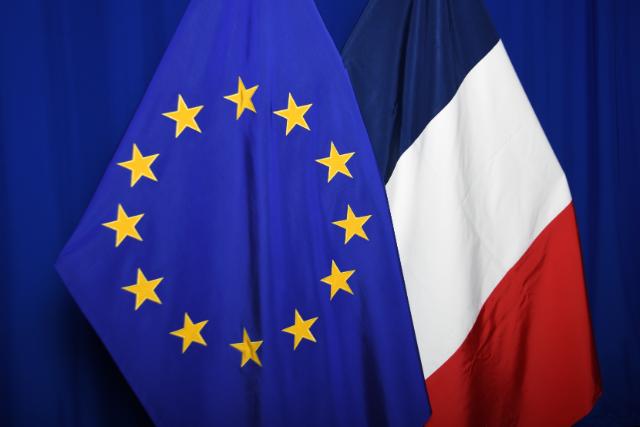








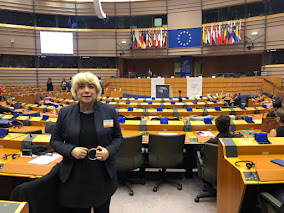
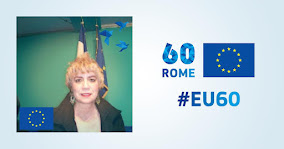
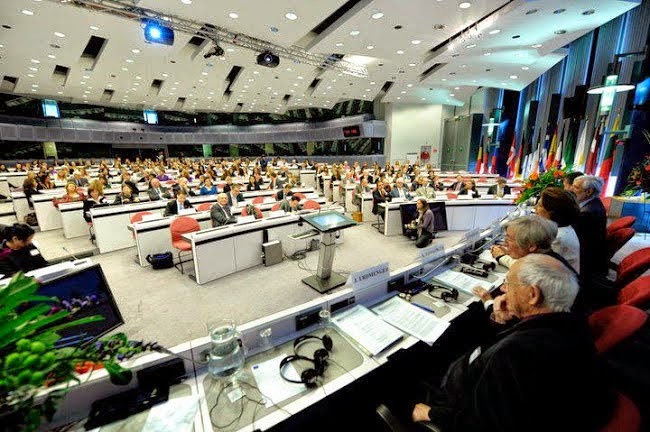




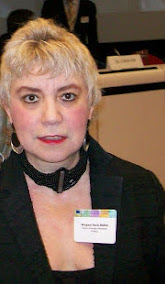
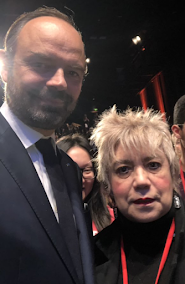










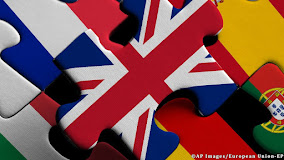
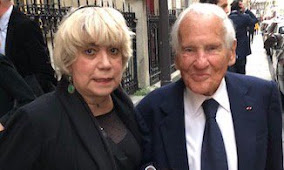





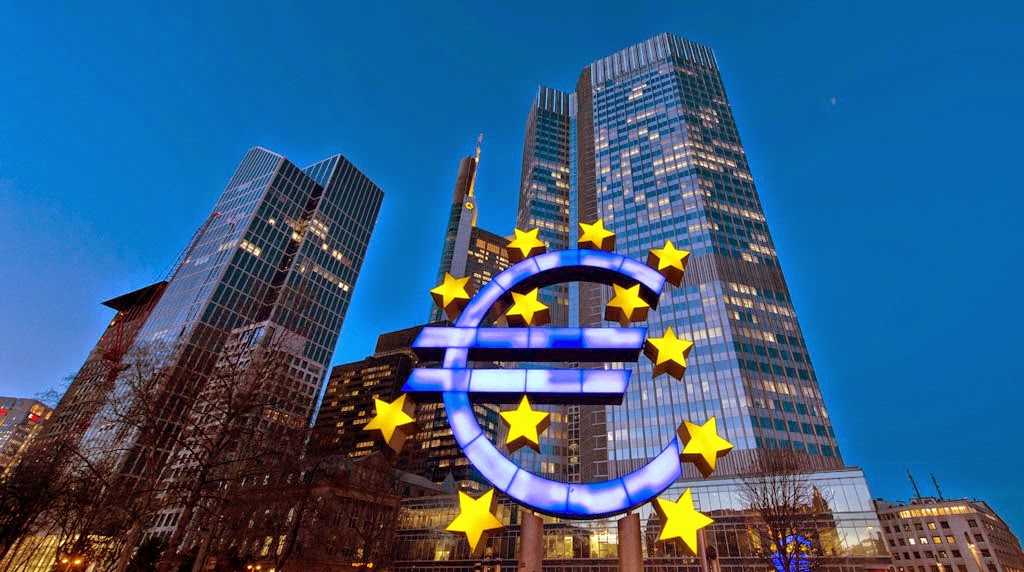

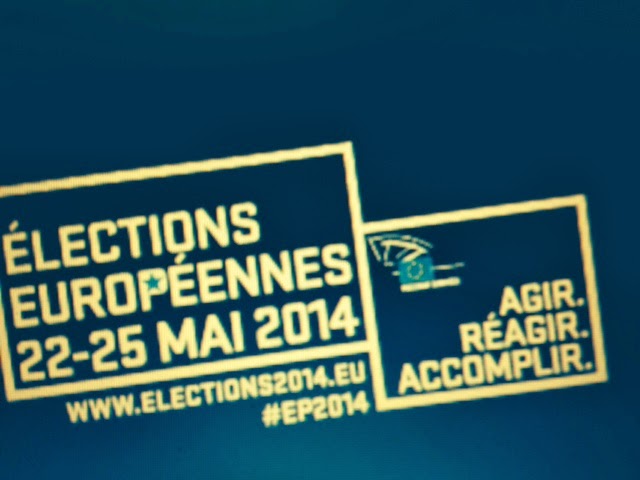




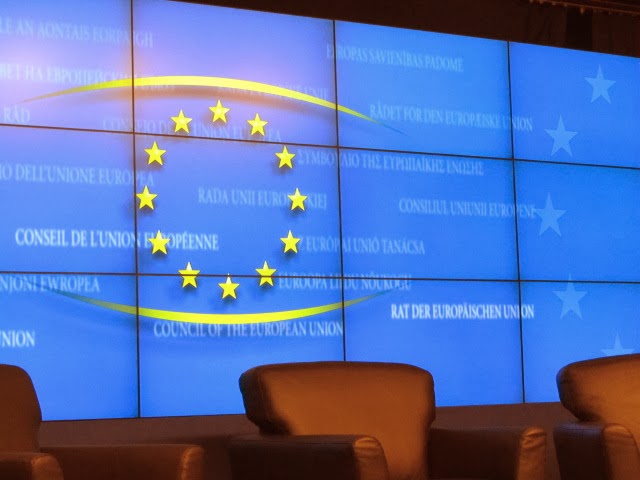



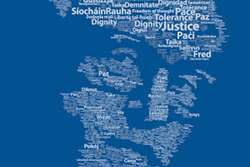





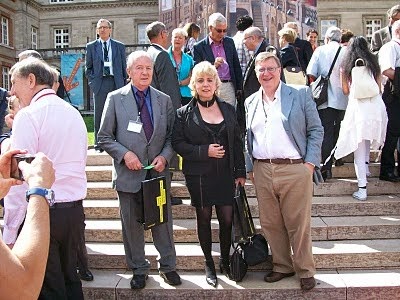




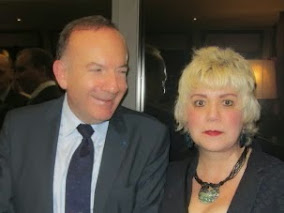

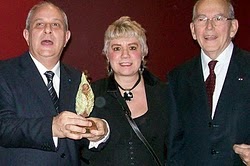







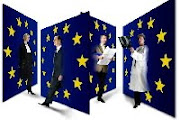



Aucun commentaire:
Enregistrer un commentaire